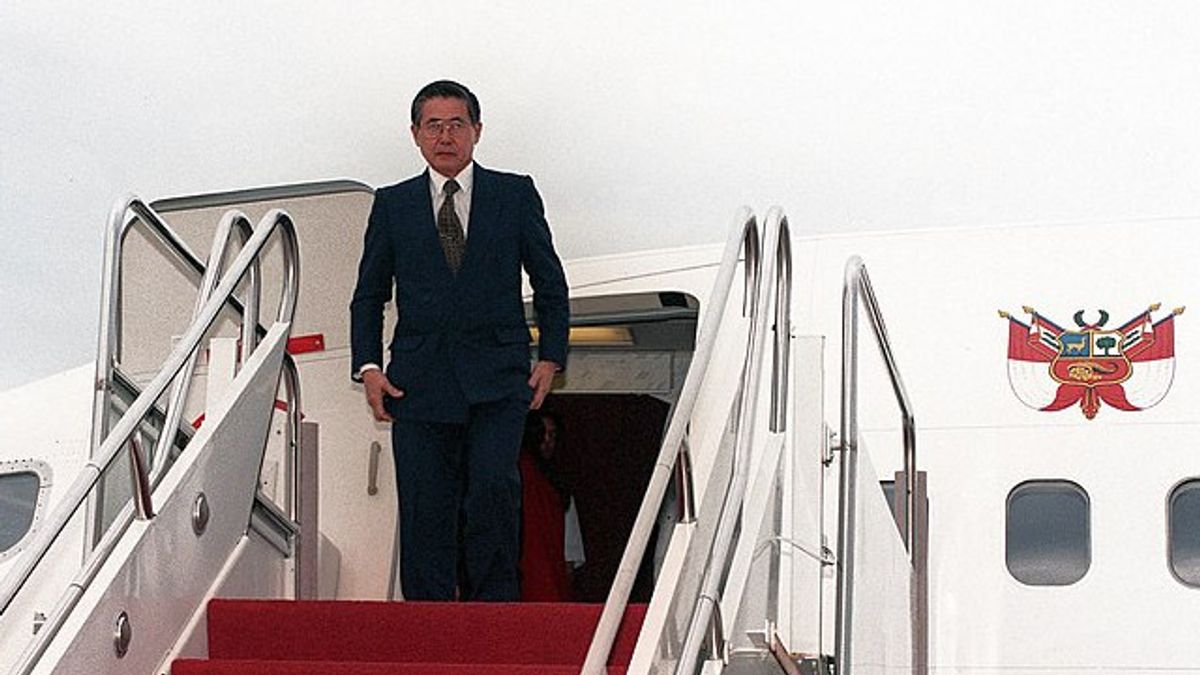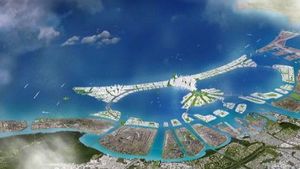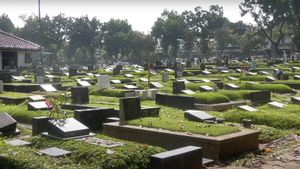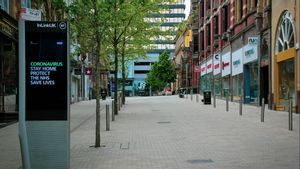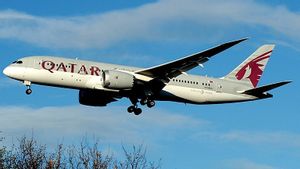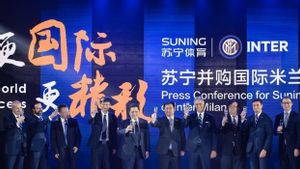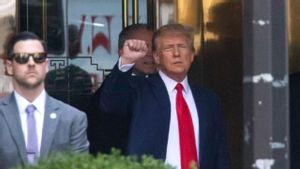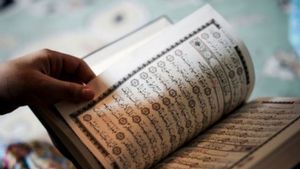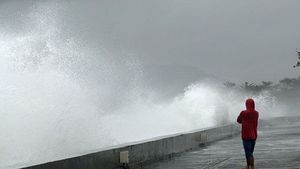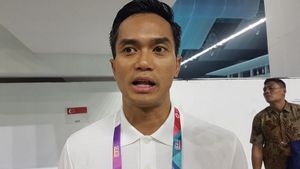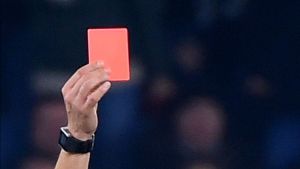JAKARTA Memories of today, 34 years ago, June 11, 1990, the people of Peru welcomed the newcomer politician, Alberto Fujimori as the elected President of Peru. The reception was made because Fujimori managed to excel with 56.6 percent gain, compared to his opponent, famous novelist Mario Vargas Llosa.
Previously, Presidential Leadership of Alan Garcia 1985-1990 did not bring much change to Peru. This condition made the Peruvian people hang hope for new presidential candidates: Fujimori and Mario. The 1990 presidential election became the arena for their competition.
Peru Garcia's president is considered to have failed to tame the inflation. This condition made the Peruvian people a victim. Per capita income of the people plummeted. Poverty also mushroomed. This problem made Garcia nervous to take policies.
He had inflamed the use of foreign debt to build and move the wheels of government. He did not want his country to be trapped in crisis. However, this strategy did not work much. This position allows the Peruvian People to only depend on changes through the 1990 presidential election.
The presidential election was followed by two big names. New arrival politicians of Japanese descent, Fujimori and world famous novelist Mario. The two campaigns are fierce. The Peruvian people predict the two candidates will excel in the presidential election.
Intermediate and upper-level and highly educated people trust Mario's voice. Those with the economy down actually chose Fujimori. Both of them carried campaigns with narratives against inflation.
The first round of presidential election was fierce on April 8, 1990. Fujimori and Mario had to compete with other candidates. Mario also won and Fujimori was in second place. However, he did not reach the majority. This condition made the second round of presidential elections to be held on June 10, 1990.
Fujimori and Mario are starting to compete fiercely. They started campaigning back to their supporters. Mario started using his intellectual skills to touch the hearts of the Peruvian people. The opposite Fujimori. He performed simply.
Fujimori is not much different from the appearance of other farmers. The former chancellor used simple language to win the hearts of the Peruvian people.
"Fujimori, the former head of a national agricultural university, uses a simpler language than Intellectual Vargas Llosa, who often appears tense and serious. With soft words and glasses, Fujimori wears a farmer's hat and blanket When he talks from behind a tractor, his signature symbol, in dusty urban slum areas and remote villages," said James F. Smith in his article in the Los Angeles Times newspaper entitled Fejimori Wins Peru Presidency (1990).
SEE ALSO:
The long-awaited day also arrived. The second round of presidential election took place on June 10, 1990. Signs of Fujimori's victory were also present. This condition is because Mario's campaign is considered too elitist. Many of the urban poor feel that Fujimori's campaign has not touched the lower classes.
Sure enough. The results of the quick count of the presidential election lead Fujimori as the winner of the 1990 presidential election. His voice has exceeded the majority of the votes 50 percent and above. This condition makes congratulations arrive.
One day later, or on June 11, 1990, Fujimori supporters began partying and taking to the streets. They welcomed their successful leader as elected Peruvian President. This condition made Fujimori immediately increase the lives of the Peruvian people according to campaign promises.
Namun, Fujimori justru menjadi pemimpin tangan besi. Ia tak mau dikritik. Pun angka korupsi cukup tinggi di pemerintahnya.
"Fujimori, who rose to president because of the support of small business groups and the common people, applies macroeconomic policies that tend to be deregulation, which emphasizes various facilities and subsidies that have been enjoyed by traditional elite groups."
Director of Investigation of Markets, Manuel Saavedra sees the People of Peru feel, with 12 years of democracy, all they get is corruption, chaos, hunger, and malnutrition. So, Fujimori does have to do deregulation," wrote Bambang Harymurti in his writing in Tempo Magazine entitled Kudeta A President (1992).
The English, Chinese, Japanese, Arabic, and French versions are automatically generated by the AI. So there may still be inaccuracies in translating, please always see Indonesian as our main language. (system supported by DigitalSiber.id)
